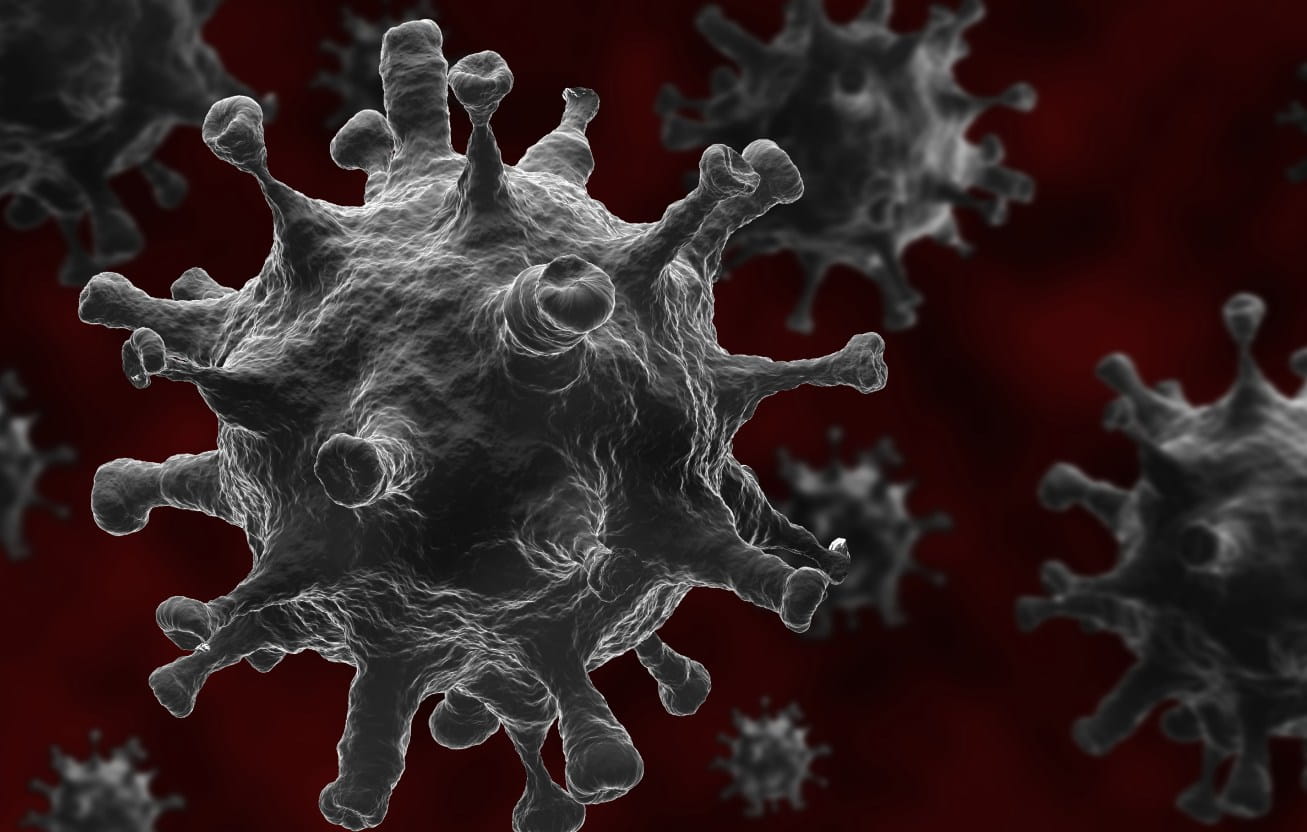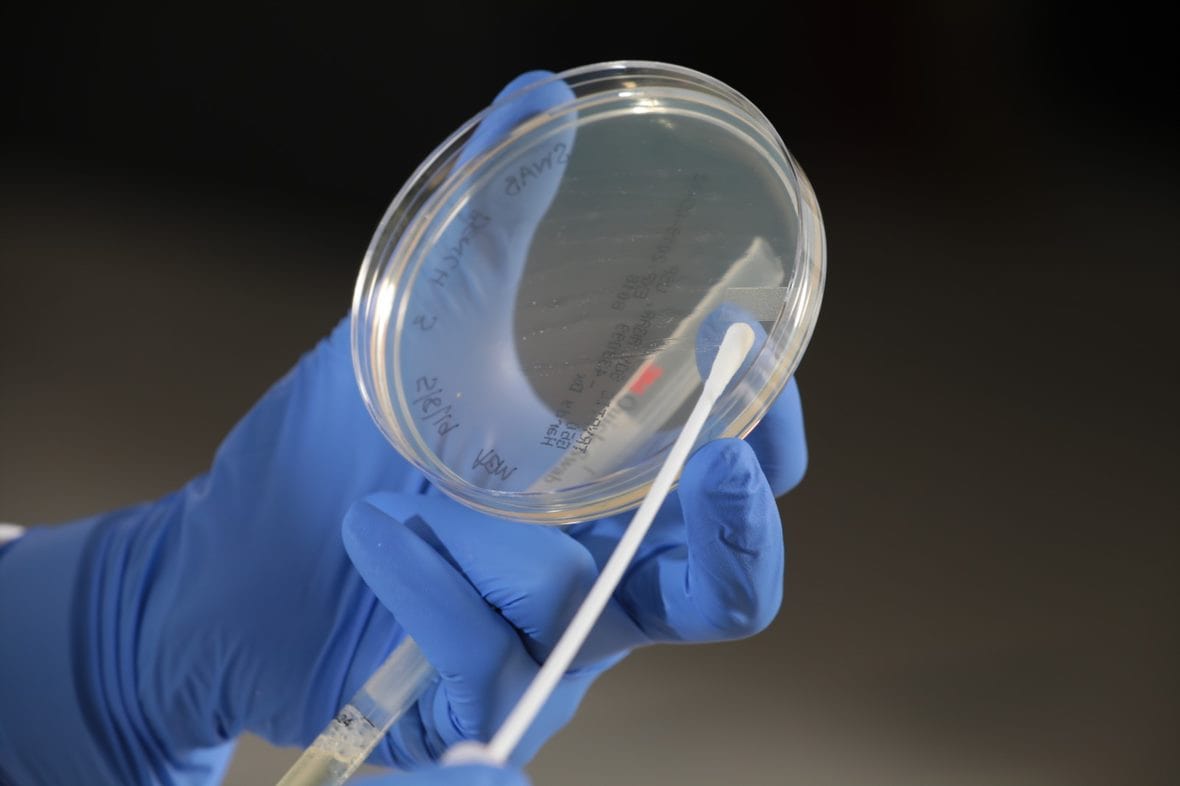Could cannabinoids be used to help treat COVID-19?
Many of the symptoms of the disease caused by the SARS-CoV-2 virus result from excessive inflammation after the release of cytokines.
That includes acute respiratory distress syndrome (ARDS), a severe lung injury that leads to significant morbidity and mortality, especially in older people, and the most common cause of death among COVID-19 patients.
Researchers’ interest has been piqued because THC is known to bind CB2 receptors, which are found primarily on cells of the immune system. Activation of CB2 receptors by THC suppresses cytokine release.
ARDS can be brought on by environmental factors as they relate to the lungs, pneumonia, bacterial infections and trauma.
It’s often accompanied by the over-activation of T cells, causing excessive production of inflammatory cytokines and can be triggered by the bacterium staphylococcus aureus as well as exposure to enterotoxin B (SEB).
An immune response to this antigen leads to the overproduction of cytokines, known as a cytokine storm.
The scientists, based at the University of South Carolina School of Medicine, found that treatment with THC protected mice that had been previously exposed to SEB.
The mice exposed to SEB died within four to five days, while those mice that were exposed to SEB, and then treated with THC, survived.
Analysis of mRNA showed THC treatment was accompanied by reduced expression of inflammatory cytokines and increased expression of anti-inflammatory cytokines.
The authors also found that THC exerted its effects through its ability to bind and activate the CB2 receptor.
While it’s always necessary to be cautious about extrapolating results from animal models, this research suggests THC could be explored as a potential therapeutic agent in the treatment of ARDS in humans and might provide some protection from ARDS caused by COVID-19.
Further research will reveal if cannabinoids such as THC can be used to treat the symptoms of COVID-19.





